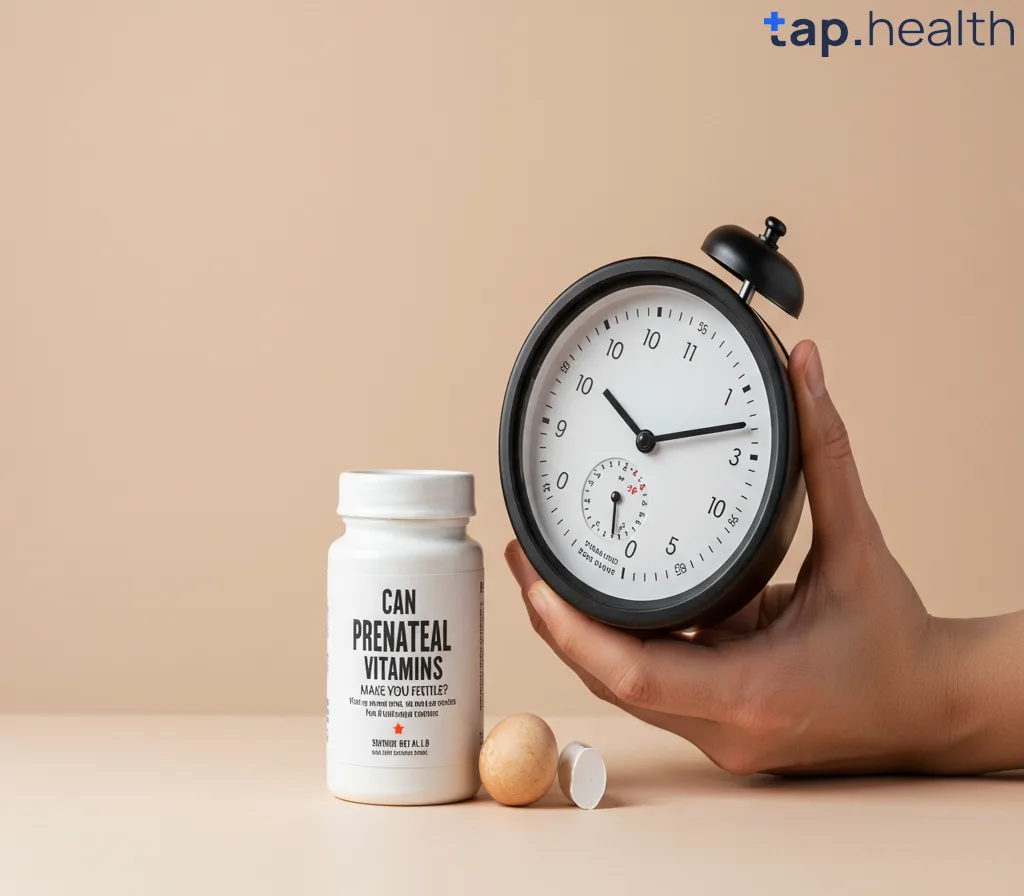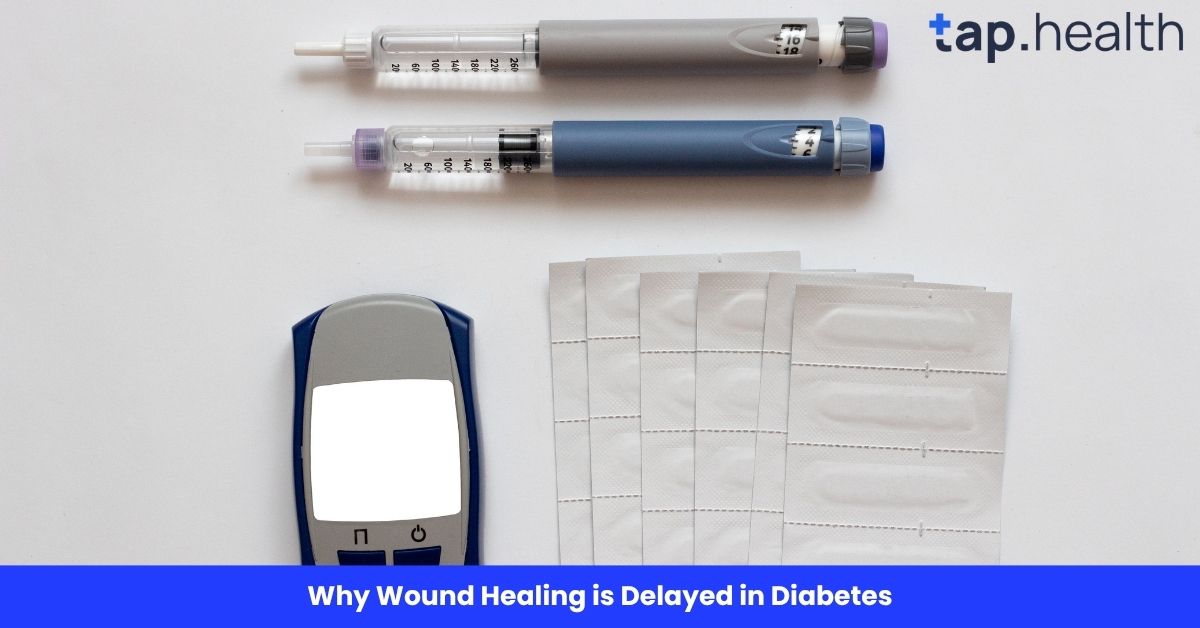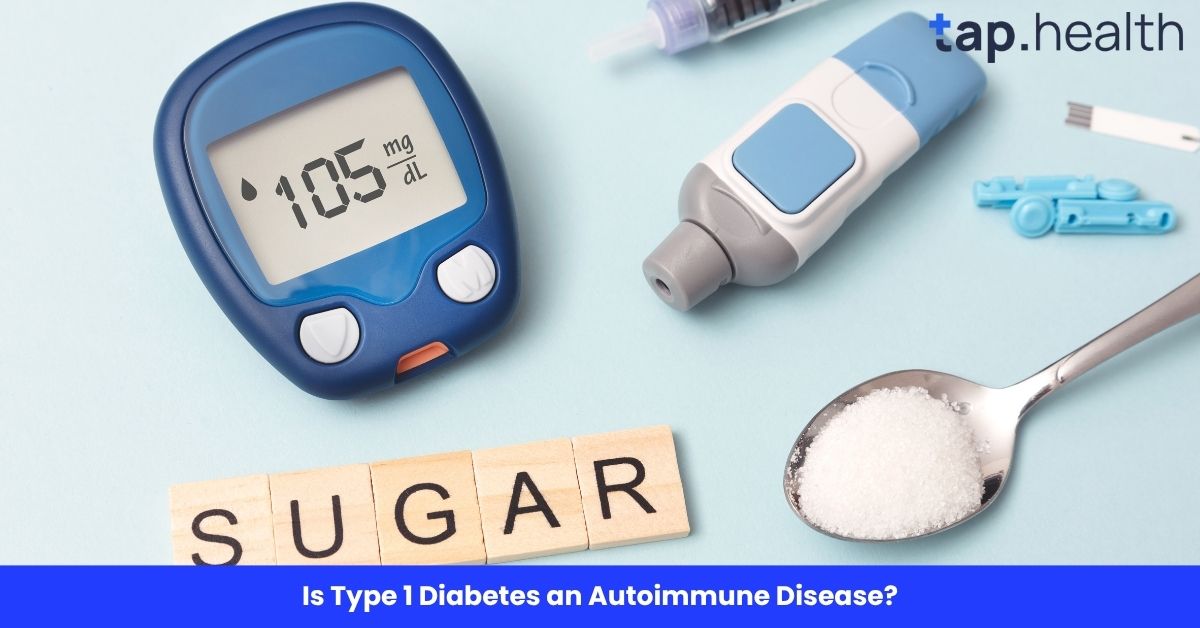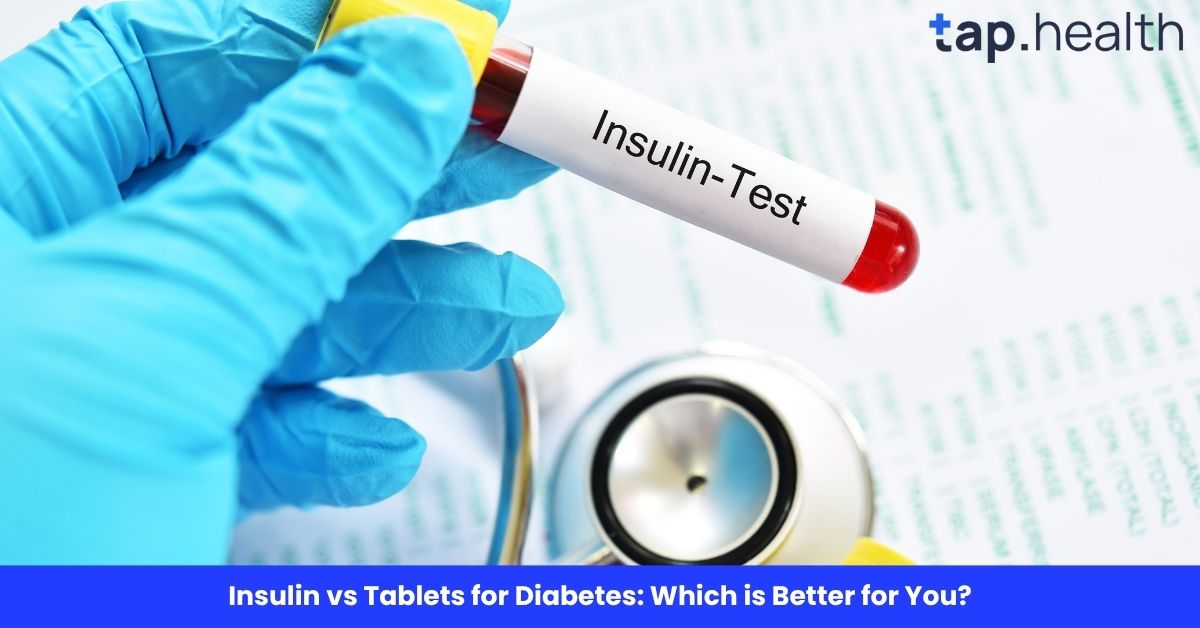If you’re trying to conceive, you’ve likely heard about prenatal vitamins and their role in fertility. But do they really make you more fertile? This blog dives into the science, answering your questions in a short, easy-to-read format based on trusted sources like the American College of Obstetricians and Gynecologists (ACOG), Mayo Clinic, and the National Institutes of Health (NIH). We’ll explore how prenatal vitamins work, their benefits for reproductive health, and whether they can help you get pregnant faster.
What Are Prenatal Vitamins?
Prenatal vitamins are supplements designed for women trying to conceive, pregnant, or breastfeeding. They contain higher levels of nutrients critical for reproductive health and early fetal development, such as:
- Folic Acid (400–800 mcg): Supports ovulation and prevents birth defects like spina bifida.
- Iron (27 mg): Prevents anemia and supports healthy periods.
- Vitamin D (600–800 IU): Linked to better ovulation and IVF success.
- DHA (Omega-3): May improve egg quality and supports baby’s brain development.
- B Vitamins (B6, B12): Aid hormone regulation and energy production.
These nutrients optimize your body for conception and pregnancy but don’t directly “boost” fertility like fertility drugs.
Do Prenatal Vitamins Increase Fertility?
Short Answer: Not directly, but they support optimal fertility.
Prenatal vitamins don’t work like fertility drugs (e.g., Clomid or IVF) to induce ovulation or fix issues like blocked fallopian tubes. However, they help in these key ways:
- Support Regular Ovulation: Low levels of folic acid, iron, or B vitamins can disrupt ovulation. A study in the American Journal of Obstetrics & Gynecology found that multivitamins with folic acid reduce ovulatory infertility risk.
- Improve Egg Quality: Nutrients like folic acid, vitamin D, and DHA are linked to healthier eggs, increasing fertilization chances.
- Reduce Miscarriage Risk: Folic acid deficiencies are tied to early miscarriages. Prenatals help prevent this.
- Prepare Your Body: They ensure your body is ready for pregnancy, especially in the critical first weeks when the neural tube forms.
Think of prenatals as a foundation—they keep your reproductive system in top shape, indirectly supporting fertility.
Can Prenatal Vitamins Help You Get Pregnant Faster?
Short Answer: Indirectly, yes.
While they don’t speed up conception like fertility treatments, prenatal vitamins:
- Regulate menstrual cycles.
- Enhance egg health.
- Support a healthy uterine environment.
By addressing nutrient deficiencies, they create better conditions for conception, but they won’t override medical conditions like PCOS or endometriosis.
When Should You Start Taking Prenatal Vitamins?
Short Answer: At least 3 months before trying to conceive.
The CDC and ACOG recommend starting prenatals early because:
- Folic acid needs time to build up in your system.
- The baby’s neural tube forms in the first 4 weeks, often before you know you’re pregnant.
Even if you’re not actively trying, prenatals are a smart precaution if pregnancy is possible, as birth control isn’t 100% effective.
Can You Get Pregnant Without Prenatal Vitamins?
Short Answer: Yes, but they reduce risks.
Many women conceive without prenatals, but deficiencies in folic acid or iron can increase miscarriage or birth defect risks. Prenatals act like a safety net, ensuring your body is ready for a healthy pregnancy.
Do Prenatal Vitamins Help With PCOS or Irregular Periods?
Short Answer: They don’t cure PCOS but can support hormone regulation.
PCOS can cause irregular periods and ovulation issues. Prenatal vitamins with vitamin D and B6 may improve hormone balance, but they don’t replace PCOS-specific treatments like inositol or metformin. Consult your doctor for a tailored plan.
Can Men Take Prenatal Vitamins for Fertility?
Short Answer: No, men should take male-specific supplements.
Prenatals are designed for women, with high iron and folic acid levels men don’t need. Men can support fertility with:
- Zinc: Boosts testosterone and sperm production.
- Selenium: Protects sperm from damage.
- Vitamin C: Improves sperm quality.
A men’s multivitamin or fertility supplement is a better choice.
Do Prenatal Vitamins Help With Implantation?
Short Answer: Not directly, but they support a healthy uterus.
Folic acid, vitamin D, and iron promote a uterine environment conducive to implantation by supporting cell division and blood flow. However, no direct evidence shows they “cause” implantation.
What Are the Side Effects of Prenatal Vitamins?
Short Answer: Some women experience mild side effects.
Common issues include:
- Nausea (take with food).
- Constipation (from iron; increase fiber and water).
- Dark stools (normal due to iron).
- Fishy aftertaste (from DHA).
Switch to gummies or low-iron formulas if side effects persist, and consult your doctor.
Can You Take Too Many Prenatal Vitamins?
Short Answer: Yes, stick to one dose daily.
Overdosing can cause:
- Vitamin A toxicity (harmful to the baby).
- Iron overload.
- Liver or nerve damage (from excess B6).
Follow the recommended dose unless advised otherwise by a doctor.
Are Gummy Prenatal Vitamins Effective?
Short Answer: Yes, but check the label.
Gummy prenatals are easier to take but may lack:
- Iron (or have none).
- Sufficient folic acid (aim for 400 mcg).
- DHA or calcium.
Choose gummies with key nutrients and consider an iron supplement if needed.
Do Prenatal Vitamins Help After a Miscarriage?
Short Answer: Yes, they aid recovery.
Prenatals support healing by replenishing nutrients and preparing your body for future pregnancies. Doctors often recommend continuing them and waiting 1–3 months before trying again.
Prenatal vs. Regular Multivitamins: What’s the Difference?
Short Answer: Prenatals have higher levels of pregnancy-specific nutrients.
| Nutrient | Prenatal Vitamins | Regular Multivitamins |
|---|---|---|
| Folic Acid | 400–800 mcg | 100–400 mcg |
| Iron | 27 mg | 0–18 mg |
| Vitamin D | 600–800 IU | 400–600 IU |
| DHA | Often included | Rarely included |
Prenatals are tailored for conception and pregnancy, while regular multivitamins suit general health.
Can Prenatal Vitamins Improve Hair and Nail Growth?
Short Answer: Sometimes, if you have deficiencies.
Thicker hair or stronger nails often result from correcting low iron or biotin levels. If you’re well-nourished, prenatals won’t significantly boost hair or nail growth.
Are Prenatal Vitamins Suitable for Vegans?
Short Answer: Yes, vegan options exist.
Look for prenatals with:
- Plant-based DHA (from algae).
- No animal gelatin.
- Vegan vitamin D and B12 (vegans are often deficient in B12).
Popular vegan brands include Garden of Life RAW Prenatal and Ritual Essential Prenatal.
Do Prenatal Vitamins Help Women Over 35?
Short Answer: Yes, they’re especially important.
Aging reduces egg quality, but prenatals support egg health and reduce risks. Women over 35 may also benefit from higher folic acid (800 mcg) or CoQ10, with doctor approval.
Can Prenatal Vitamins Cause a False Positive Pregnancy Test?
Short Answer: No.
Prenatals don’t contain hCG (the pregnancy hormone), so they won’t affect test results. A positive test indicates pregnancy, not vitamin use.
Conclusion: Prenatal Vitamins Support, Don’t Create, Fertility
Prenatal vitamins don’t directly make you more fertile or guarantee pregnancy. However, they play a vital role by:
- Supporting ovulation and egg health.
- Reducing miscarriage and birth defect risks.
- Preparing your body for a healthy pregnancy.
Start taking a quality prenatal with folic acid, iron, DHA, and vitamin D at least 3 months before trying to conceive. Pair it with a healthy diet and lifestyle for the best results.



